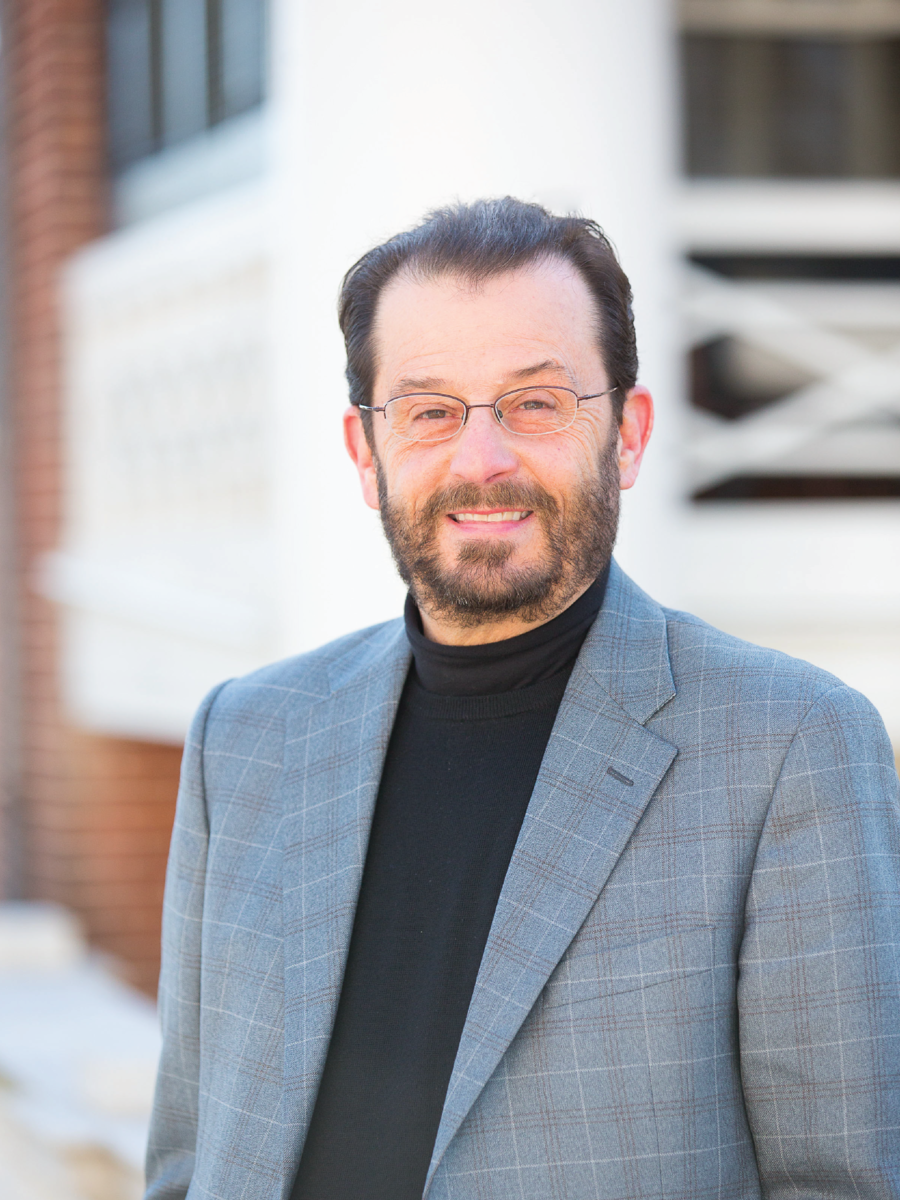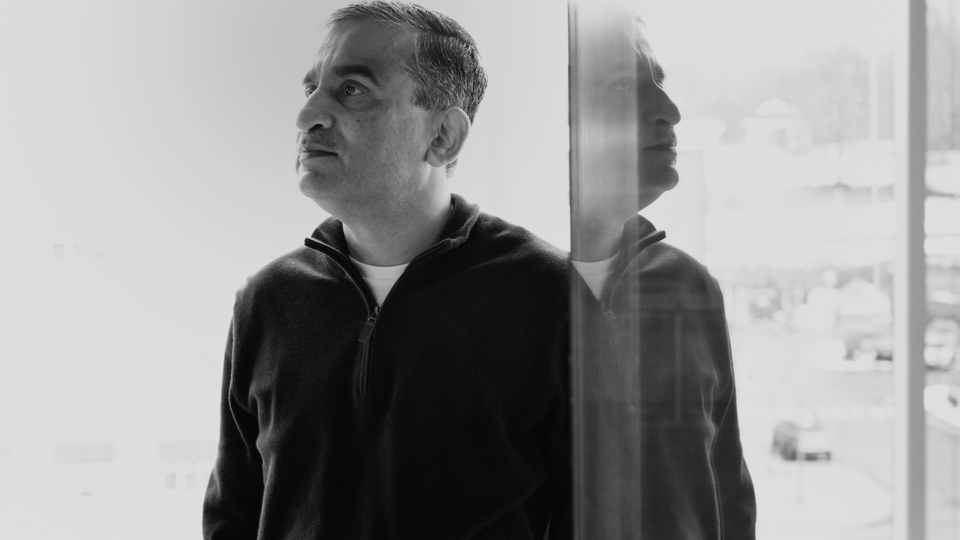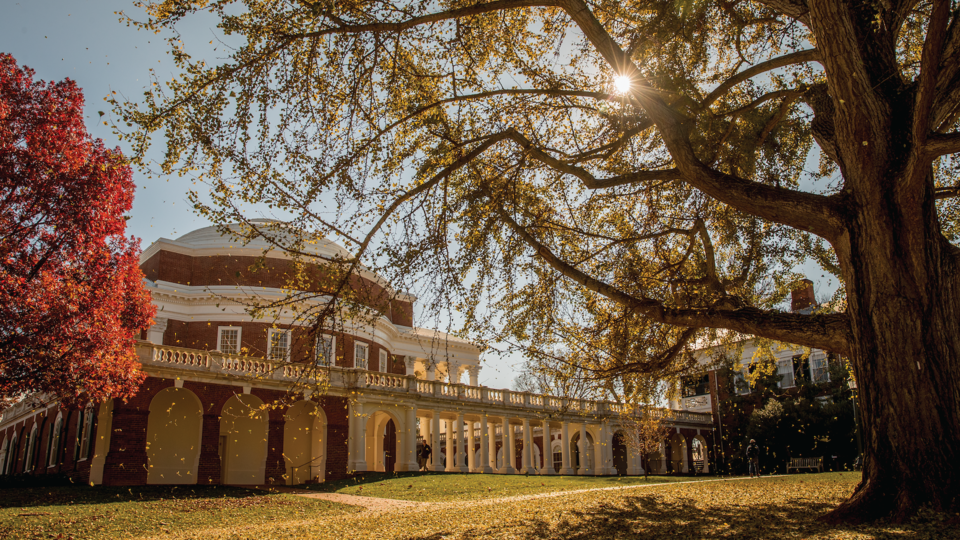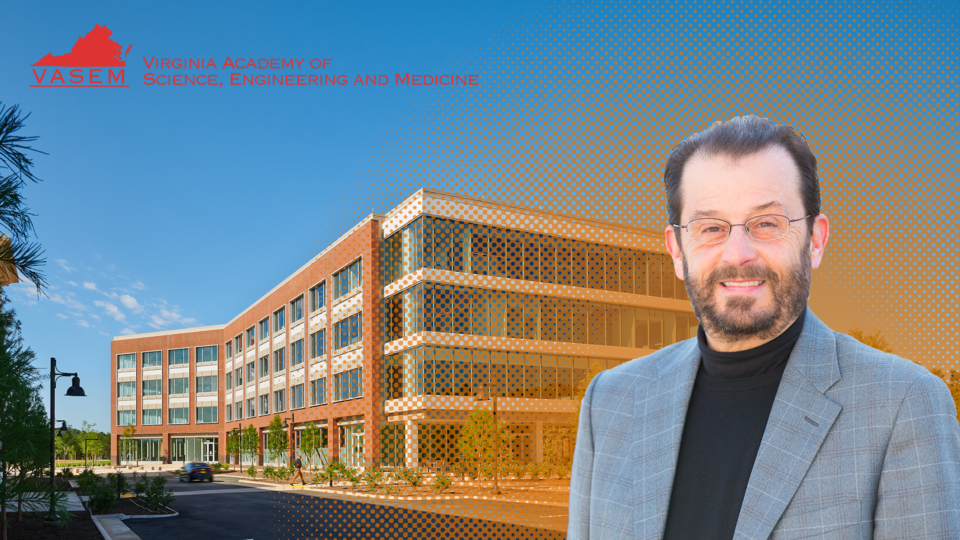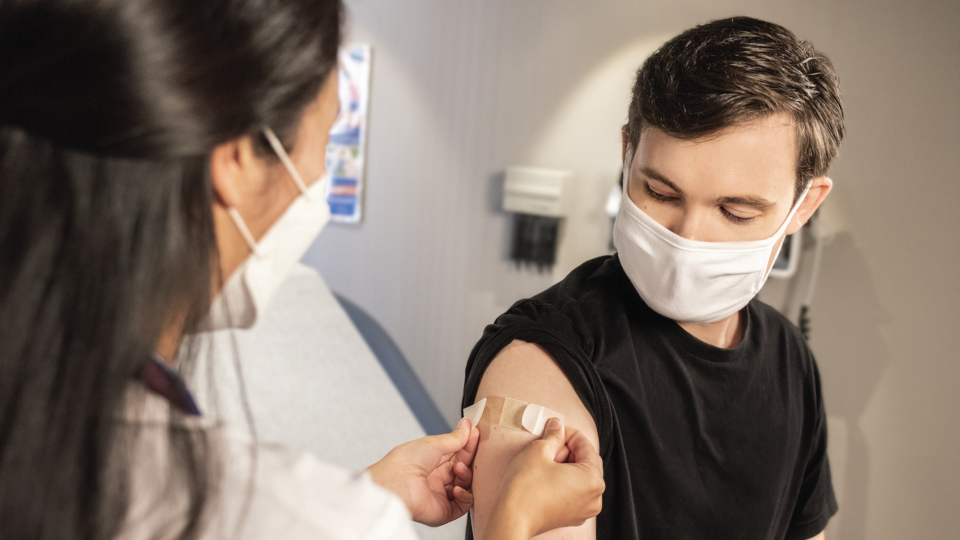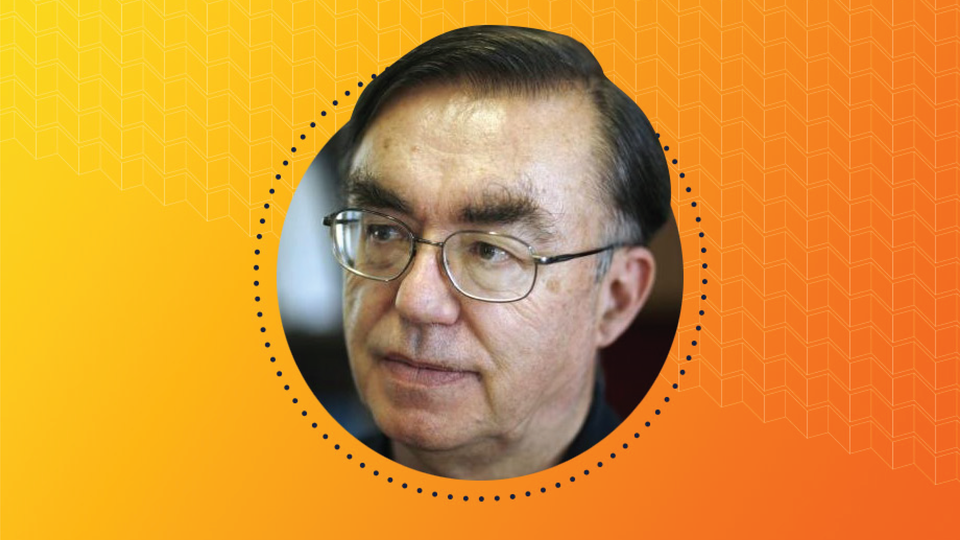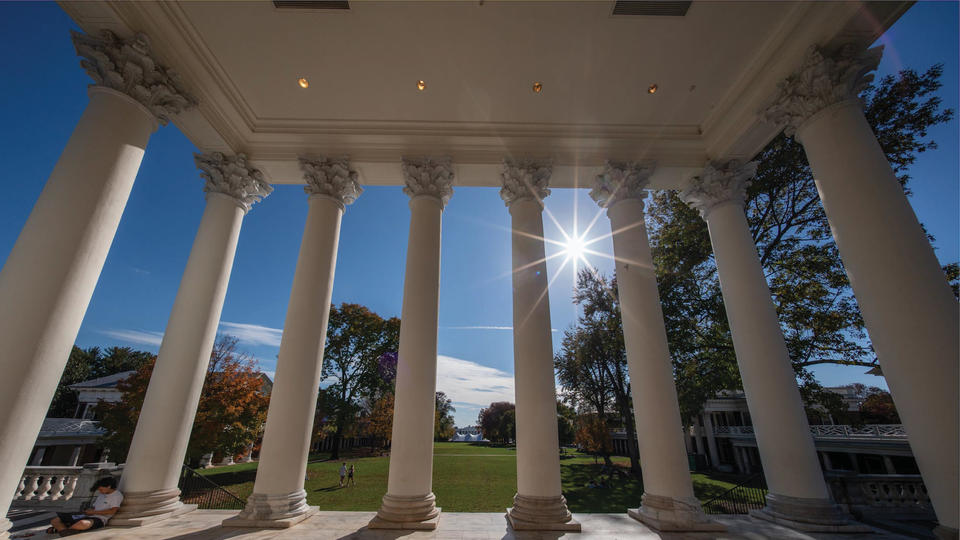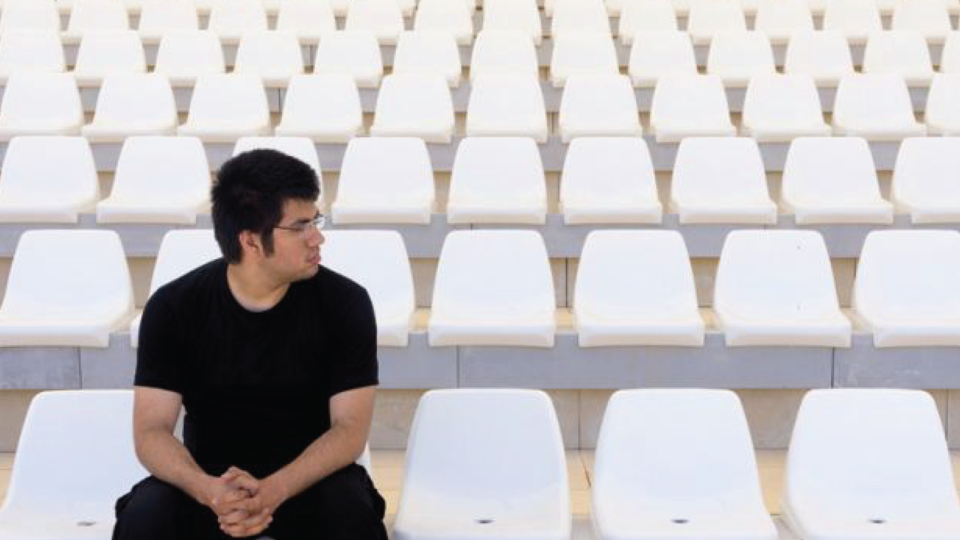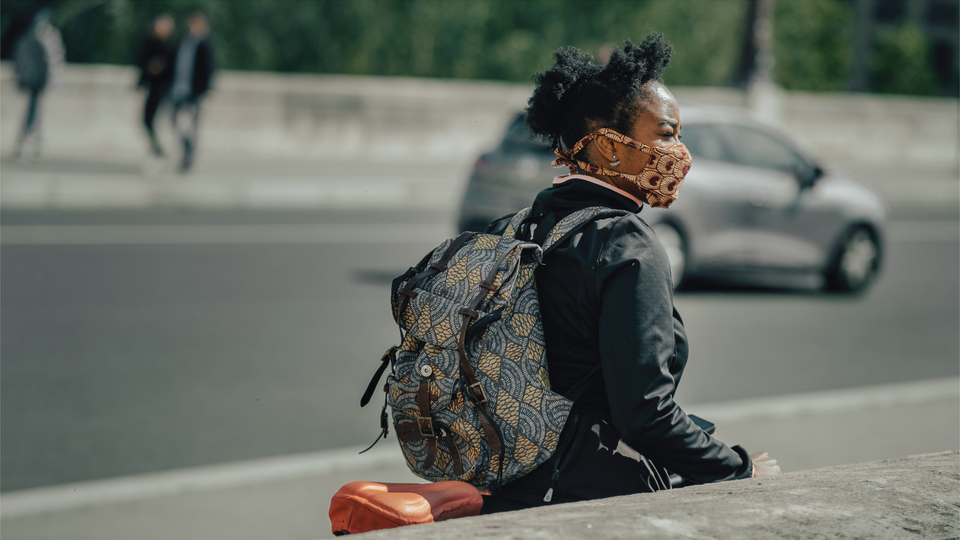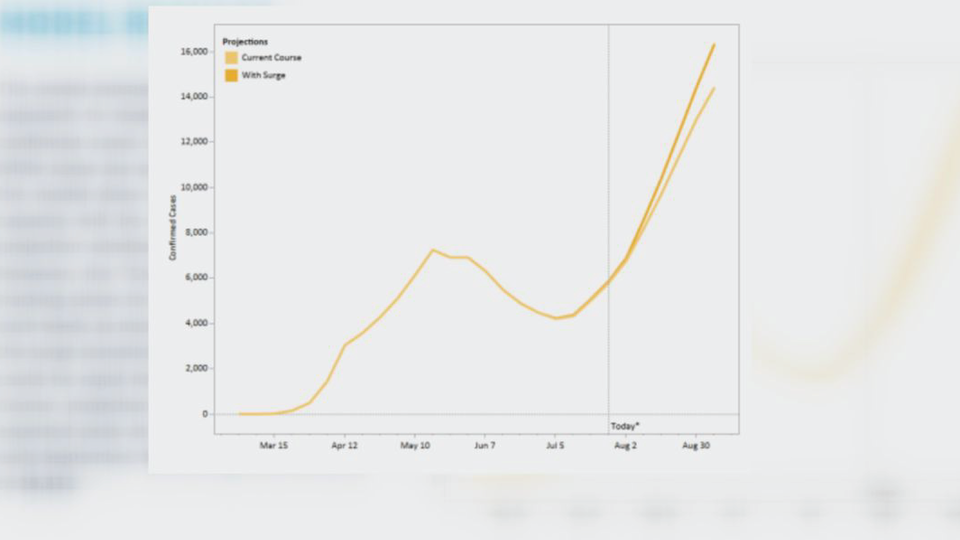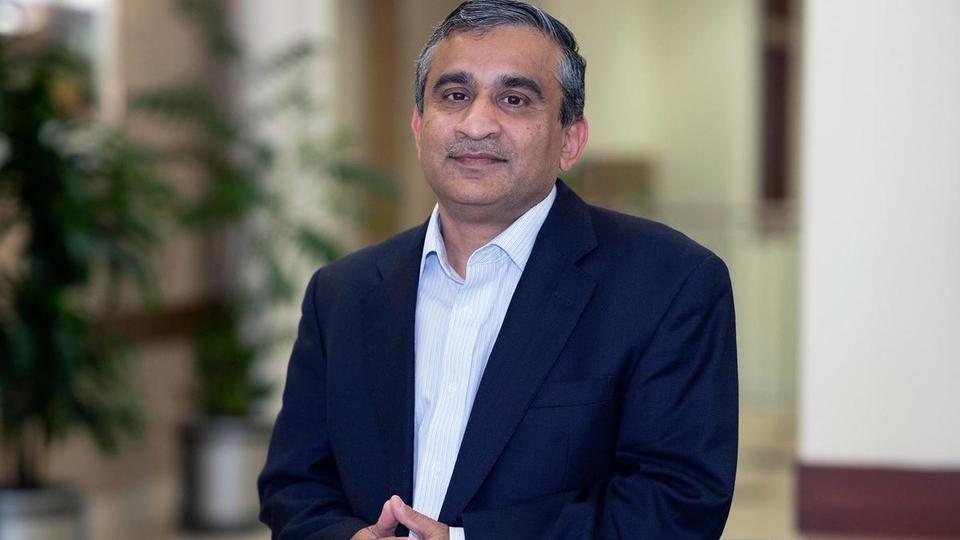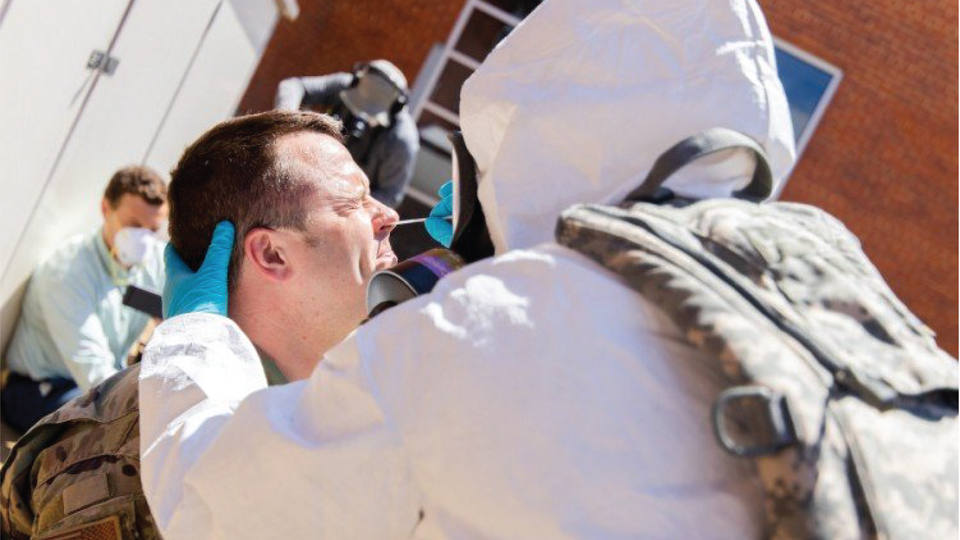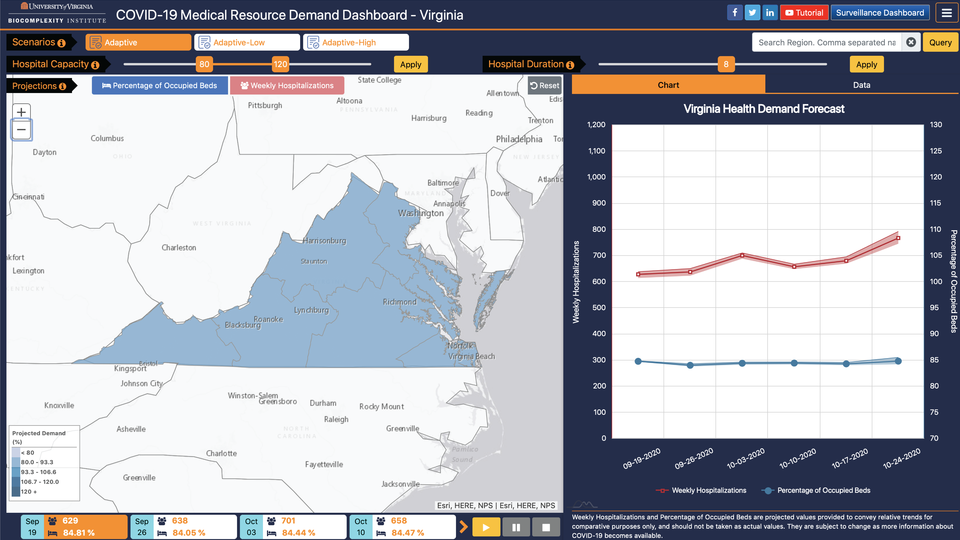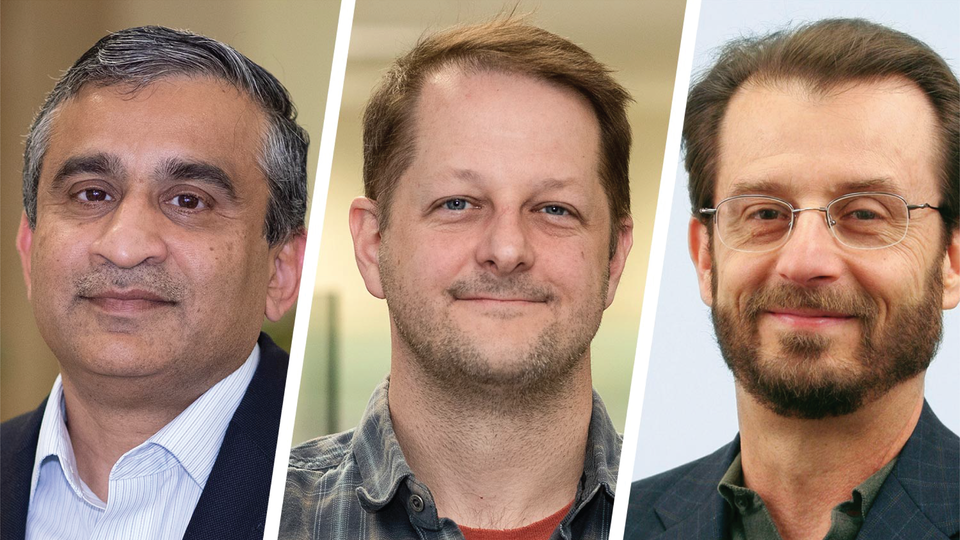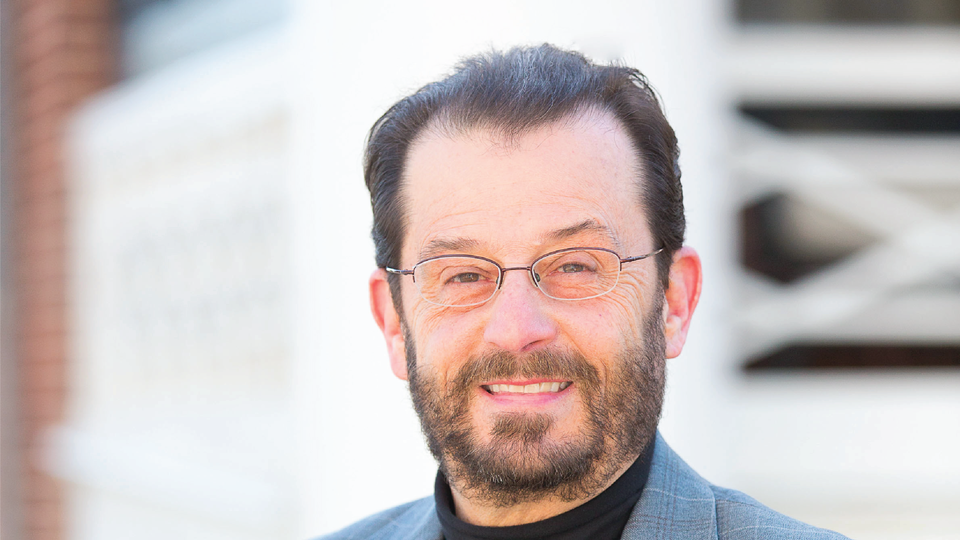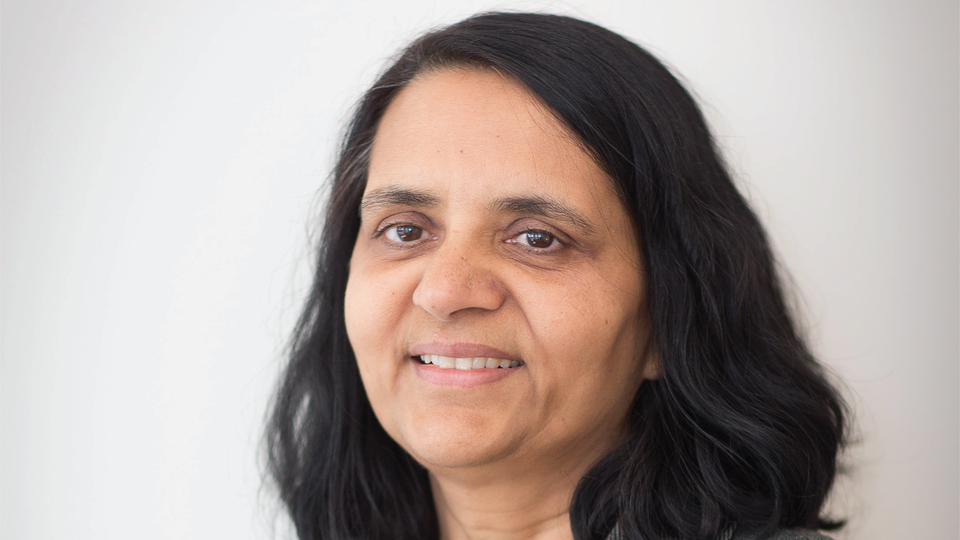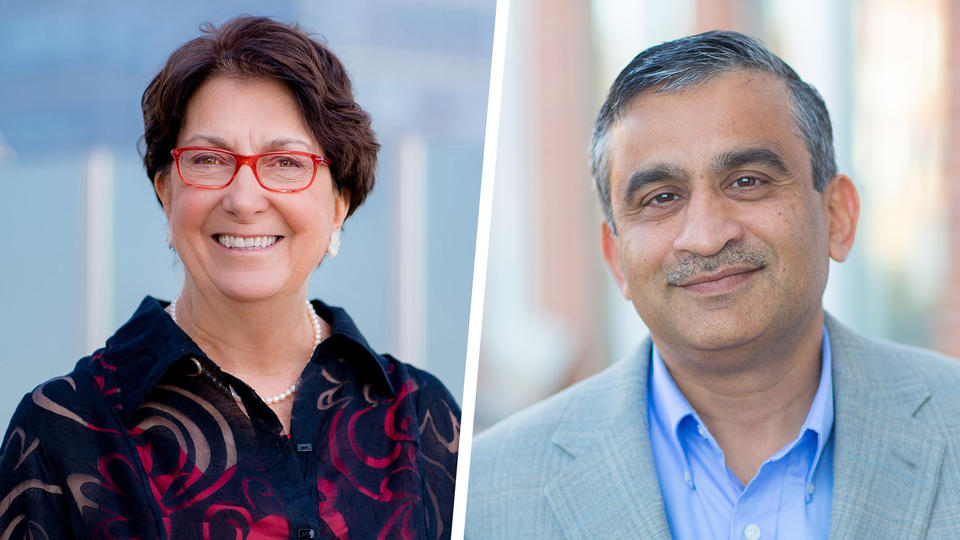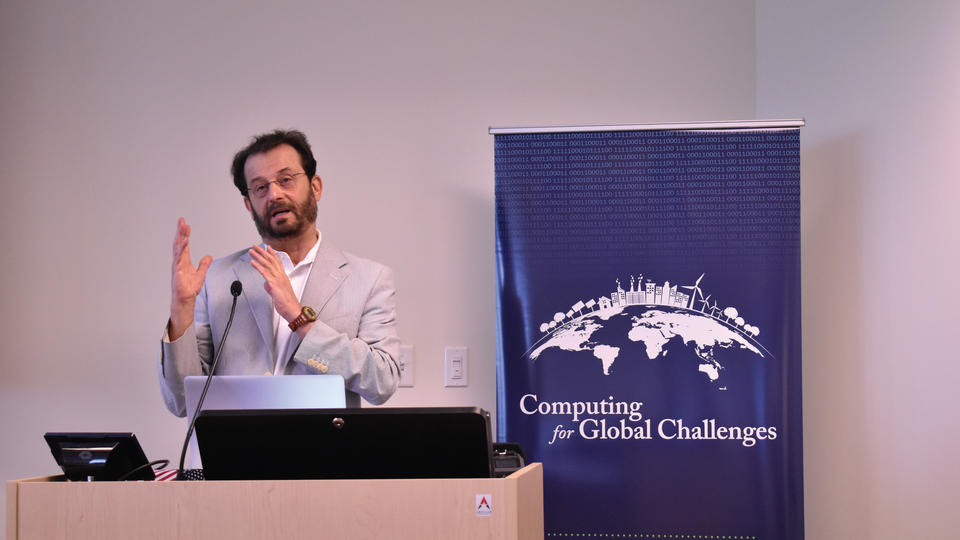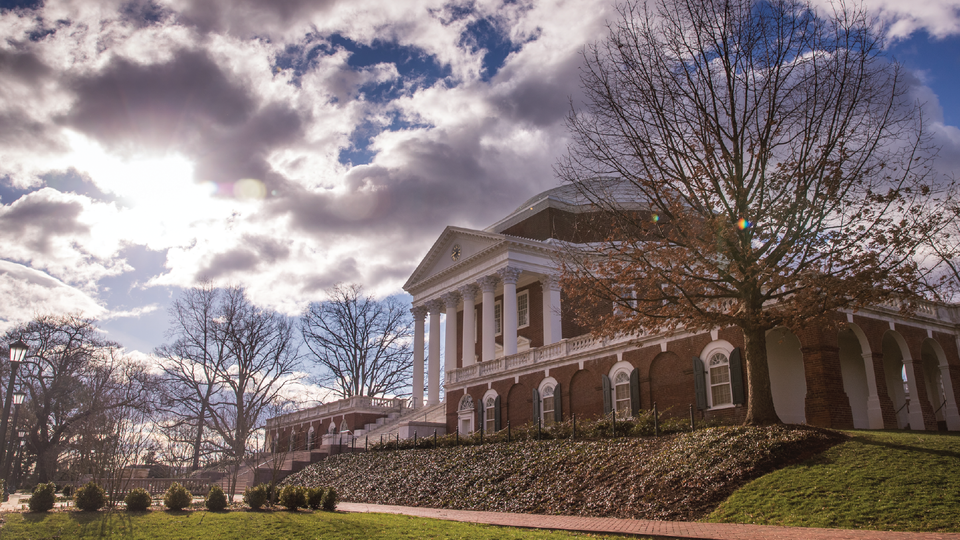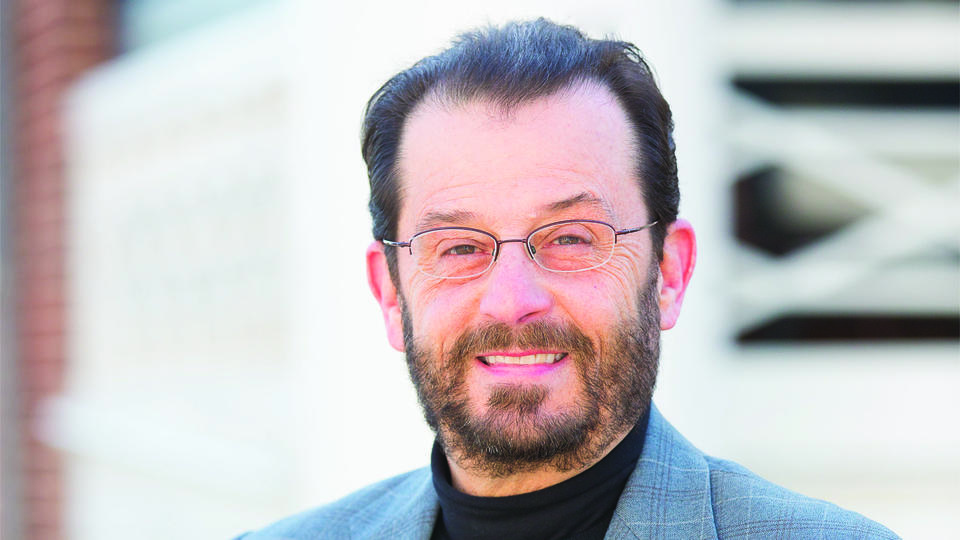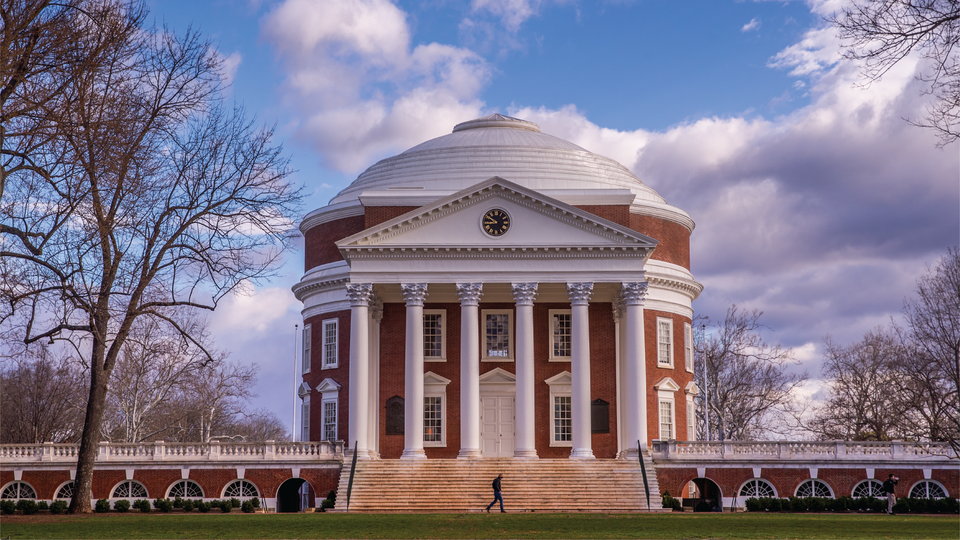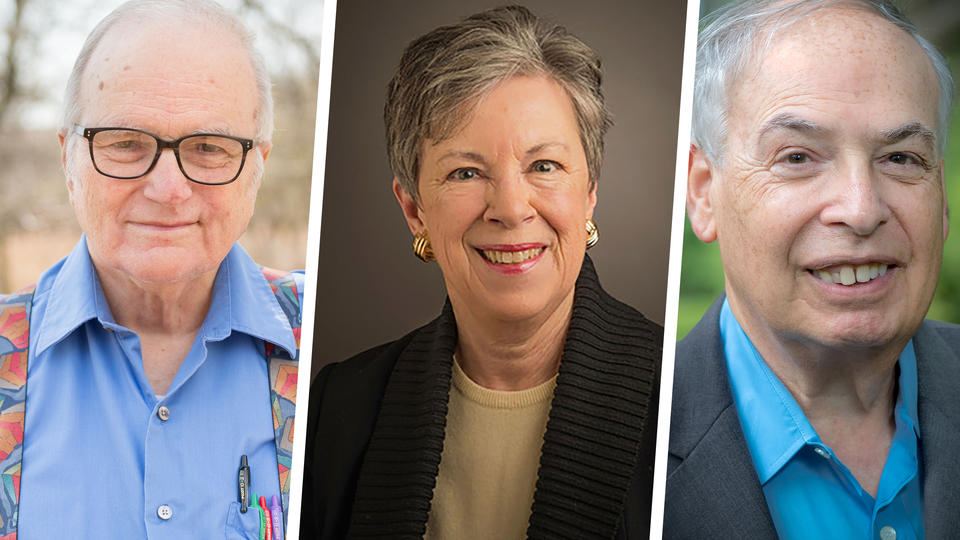Bio
Christopher L. Barrett is an endowed Distinguished Professor in Biocomplexity, the Executive Director of the Biocomplexity Institute, and Professor of the Department of Computer Science at the University of Virginia. He is an interdisciplinary computational scientist who has published more than 100 research articles exploring all aspects of large multiscale interaction systems. Over the past 35 years, Barrett has conceived, founded and led large interdisciplinary complex systems research projects and organizations, established national and international technology programs, and co-founded organizations for federal agencies such as the Department of Defense, the Department of Energy and the Department of Homeland Security. He has served in various advisory and collaborative scientific roles internationally.
Barrett is the recipient of the 2012–2013 Jubilee Professorship in Computer Science and Engineering at Chalmers University in Sweden and is a member of the 2010 Royal Colloquium for the King of Sweden. He was a distinguished international professor at the Royal Institute of Technology in Stockholm (1997–1998). He has received Distinguished Research, Service, Advisory and Security Awards from the U.S. Navy, Los Alamos National Laboratory, and the Alliance for Transportation Research. He has served as advisor to U.S. government agencies, the Commonwealth of Virginia, the European Commission and others. He holds seven patents and has ten pending.
-
2021 Elected Member: Virginia Academy of Science, Engineering, and Medicine 2013 Army Patriot Award recipient: given to outstanding employers of members of the U.S. Army Reserve 2012–2013 Jubilee Distinguished Professor of Computer Science: Chalmers University, Götebörg, Sweden, Department of Computer Science 2011 Invited Participant: The Royal Colloquium Series, “The Future Urban World: Environment, Equity, Economy,” The Swedish Royal Academy of Sciences, by HM King Carl XVI Gustav 2006–2013 Guest Scientist, Coordinator for Graduate Course on Complex Systems: Institute for Scientific Interchange Foundation (ISI), Turin, Italy 2000 Distinguished Innovation & Entrepreneurialism: Copyright Award, Los Alamos National Laboratory 1999 Invited Participant: The Abisko Workshop, “Meso-Scale Complexity,” The Swedish Royal Academy of Sciences 1998 Distinguished Invited Scholar: Artificial Life and Robotics, Oita University, Japan 1995 Distinguished Achievement Award: Los Alamos National Laboratory 1993 Distinguished Performance Award: Los Alamos National Laboratory 1992 Distinguished Research Award: Alliance for Transportation Research 1991 Letter of Appreciation (FAA Administrator) for membership on Administrator’s Science Panel: National Air Traffic Control System Ten-Year Technology Improvement Plan 1988 U.S. Navy Commendation Medal: Research and Development in Automated Assisted Reasoning Systems for Naval Aircraft
In alignment with the University of Virginia’s goal to move its research from prominence to preeminence, deans, faculty, and researchers from across Grounds got together to participate in the formal launch of the Contagion Science program, an initiative funded by the University as part of its Prominence-to-Preeminence STEM initiative.
Researchers from UVA’s Biocomplexity Institute and School of Engineering and Applied Science, working with a team of multi-disciplinary scientists from around the world, have spent the last two years developing highly advanced computational models designed to inform policy makers, save lives and prepare for future global epidemics.
The University of Virginia has awarded $19 million for interdisciplinary STEM research across Grounds as part of the Prominence-to-Preeminence Fund.

Dr. Christopher L. Barrett has been elected to the Virginia Academy of Science, Engineering, and Medicine (VASEM). He said he is surprised and honored to be a newly minted member of VASEM and looks forward to collaborating with fellow members on some of the most pressing problems facing our society today, including national security, transportation, public health, industry, and environmental issues.
When the coronavirus reached Virginia, public health officials worried there would be so many patients, they would need to start building field hospitals right away. But a team of University of Virginia scientists, part of the Biocomplexity Institute, told the state to wait. The governor’s stay-at-home order, quarantines and social distancing that began in March 2020 could slow the disease’s spread.

Fox is considered a pioneer in the fields now known as computational and data science, and he has brought his considerable influence and expertise to the University of Virginia, where he joined the faculty of the Biocomplexity Institute and the School of Engineering and Applied Science’s Department of Computer Science in July.
On January 29, during a virtual ceremony over Zoom, the University of Virginia honored and recognized faculty members for their outstanding contributions to their fields and the impact of their research and scholarly activities at the annual Research Achievement Awards.

Traffic planners, securities traders and military strategists all use it. Simulating the behavior of millions of idiosyncratic individuals also may be the best way to understand complex phenomena like pandemics.

Universities may have meticulous plans for social distancing and sanitization, but those are only in effect while students are in class or on campus. What happens when students leave campus for the day or go back to their dorms, has just as much of an impact on how colleges will fair with COVID-19.

Christopher Barrett, executive director, Madhav Marathe, division director, and Bryan Lewis, research associate professor, spoke to S&P Global Market Intelligence about the abilities and limitations of their COVID analytical models.

New data gathered and models created by the University of Virginia Biocomplexity Institute predict the Commonwealth is creeping closer and closer to a surge.

With ten million dollars from the National Science Foundation, computer scientists at the University of Virginia, Virginia Tech and 13 other schools have begun to tackle a massive problem with the power of big data and computers.

COVID-19 deaths and infections could skyrocket in Virginia in the coming months if left unchecked, according to updated modeling from the University of Virginia.

Will our hospitals have the capacity to care for those who become infected? This question remains at the heart of COVID-19 planning and response discussions everywhere as public health officials and policy makers consider how lifting interventions such as stay-at-home orders will impact a potential resurgence of the disease.
Governor Ralph Northam, in partnership with researchers from the University of Virginia’s Biocomplexity Institute and the nonprofit RAND Corporation, released new infectious disease modeling on the impact of COVID-19 mitigations in Virginia.
Madhav Marathe, Bryan Lewis and Chris Barrett, researchers and leaders at the UVA Biocomplexity Institute, developed a model for the Commonwealth of Virginia to project COVID-19 infection trends.

Researchers at UVA’s Biocomplexity Institute have won a new $10 million, five-year NSF grant to plan for, and respond to, epidemics and pandemics.

As the COVID-19 global health crisis continues to unfurl worldwide, the questions around global pandemics are no longer “if” they will occur, but how frequent, widespread, and severe those that come next will become.
Cities and states will get a system in their toolkit that will let them forecast infections, deaths based on policy decisions; economic predictions are in the works.

The University of Virginia’s top leaders gathered Wednesday evening at the Boar’s Head Resort to honor faculty members from across Grounds for their outstanding contributions to their fields of study and societal impact through their research and scholarly activities.

The University at Albany Alumni Association has awarded Achla Marathe, a Professor in the University of Virginia’s Biocomplexity Institute, Network Systems Science and Advanced Computing division, and Department of Public Health Sciences, with the 2020 Excellence in Science and Technology Award.
The University of Virginia’s Biocomplexity Institute is pleased to announce Dr. Sallie Ann Keller, director of the Social and Decision Analytics Division, and Dr. Madhav V. Marathe, director of the Network Systems Science and Advanced Computing Division, have been appointed to Distinguished Professorships in Biocomplexity.
The University of Virginia’s Biocomplexity Institute and Initiative capped off its first year of existence Monday with a keynote for its summer undergraduate program.

The Biocomplexity Institute at the University of Virginia is pleased to announce the appointment of John Thompson as Distinguished Institute Fellow. Thompson spent 27 years at the United States Census Bureau, holding the office of director from 2013 to 2017.
The University of Virginia’s Biocomplexity Institute is pleased to announce Dr. Christopher L. Barrett, Executive Director of the Biocomplexity Institute and Professor of Computer Science, was honored with the first Distinguished Professorship in Biocomplexity, an endowed faculty appointment recently approved by the UVA Board of Visitors.
One of the University of Virginia’s most ambitious research efforts is beginning to take shape. In the past several months, UVA announced and introduced the Biocomplexity Institute and Initiative, which commenced operations in the UVA Research Park in September 2018, and most recently, appointed five individuals to join Executive Director Dr. Christopher L. Barrett on the senior leadership team.
Christopher L. Barrett, a pioneer in biocomplexity research, joins the University of Virginia to establish the new Biocomplexity Institute and Initiative.

The Biocomplexity Institute and Initiative at the University of Virginia is pleased to announce the appointments of Dr. Daniel J. Rosenkrantz, Dr. Richard E. Stearns, and Dr. Catherine E. Woteki as Distinguished Institute Professors.
